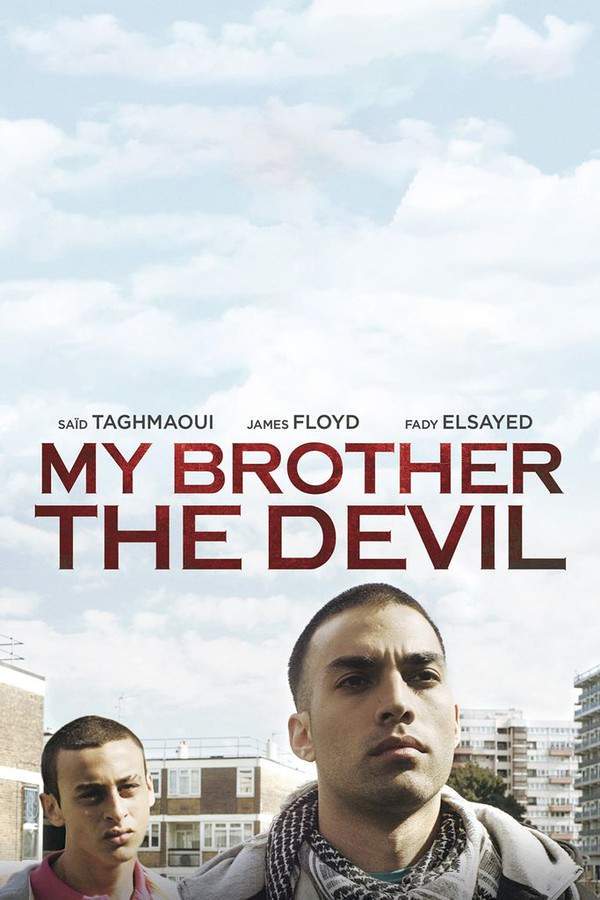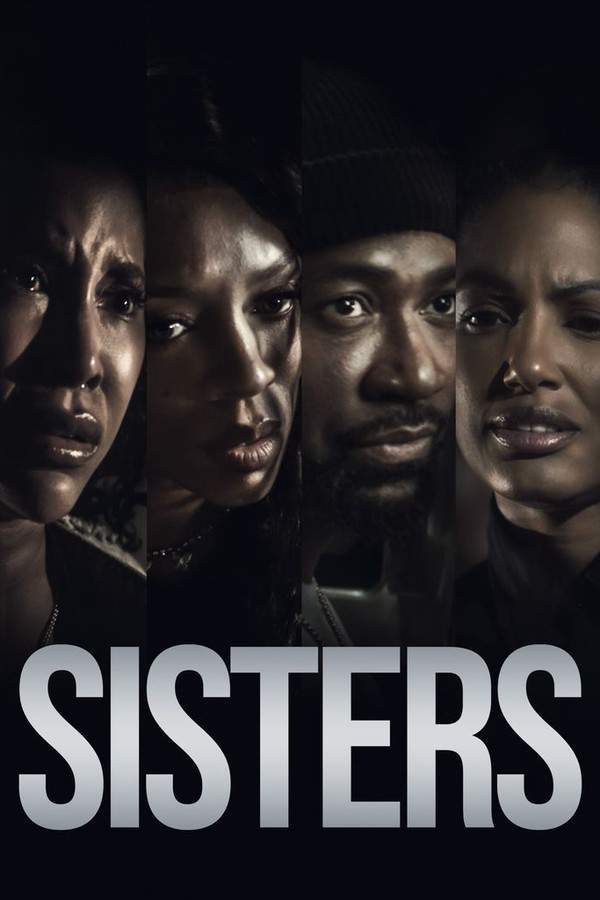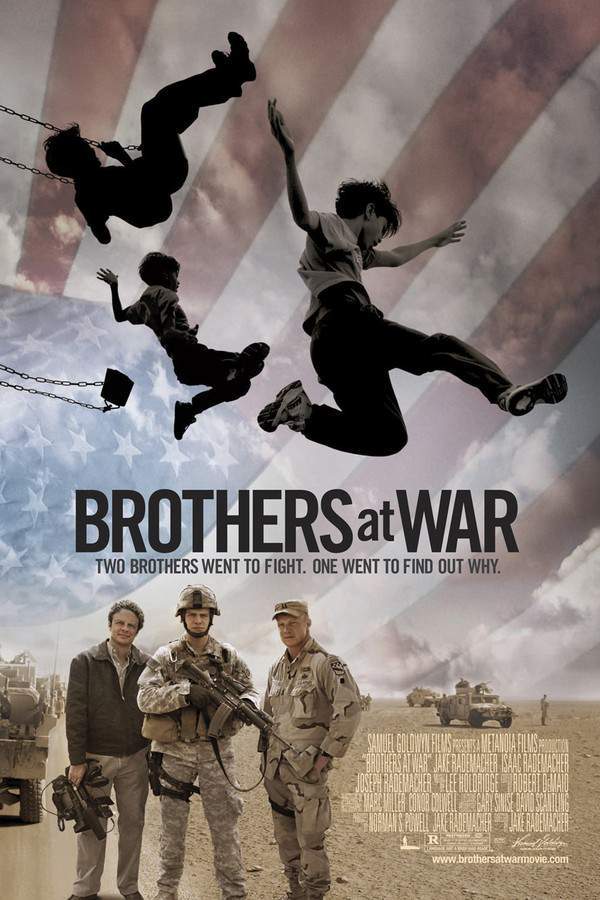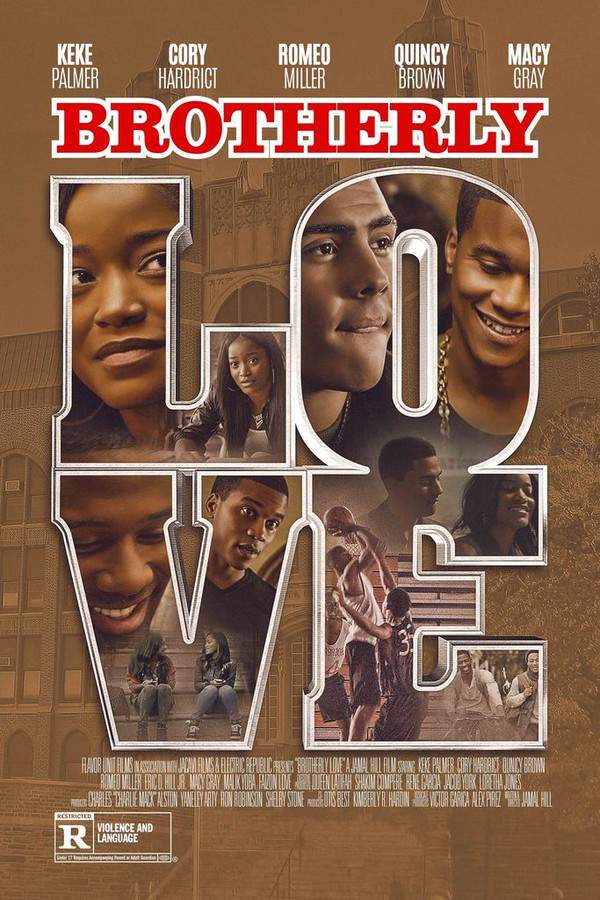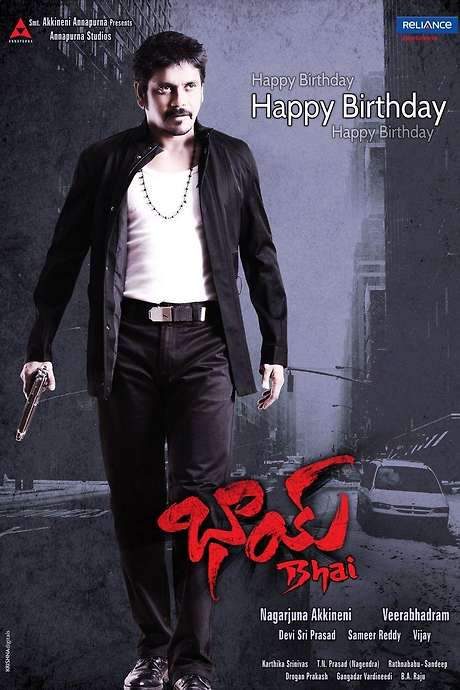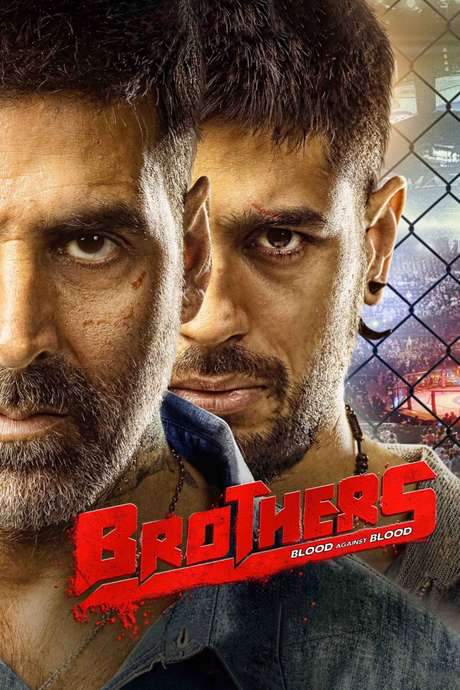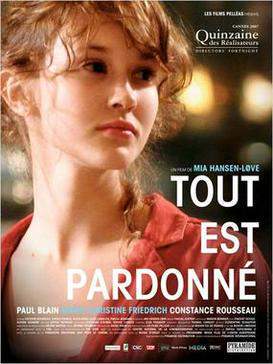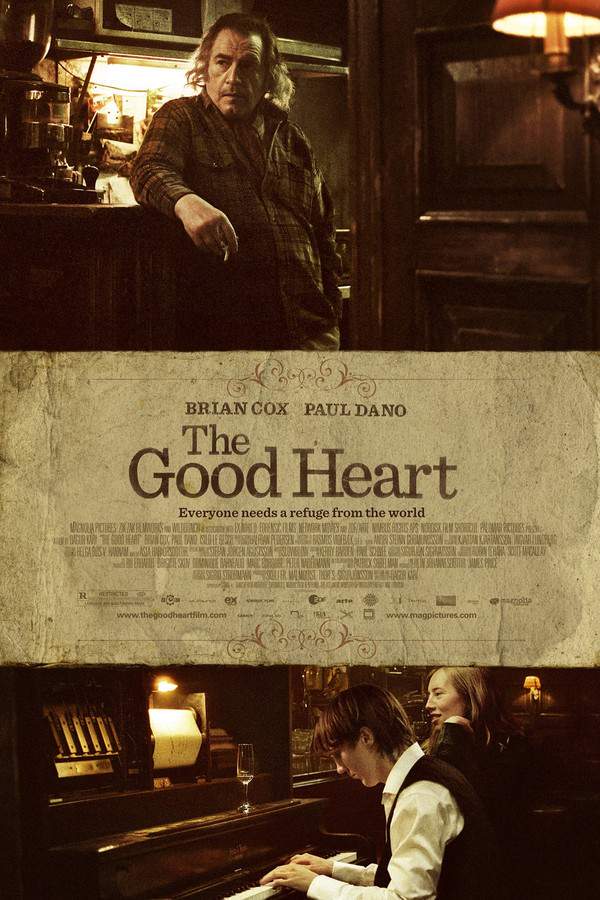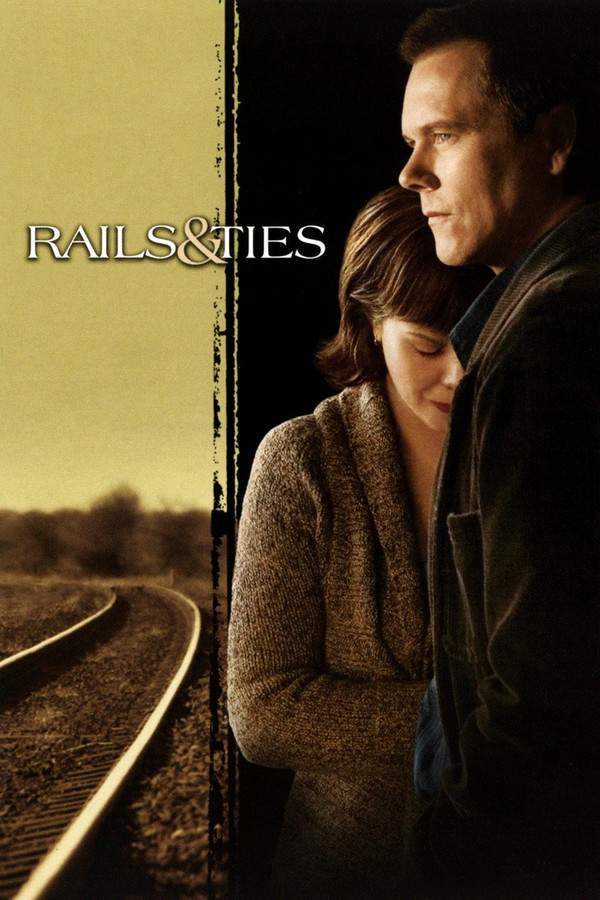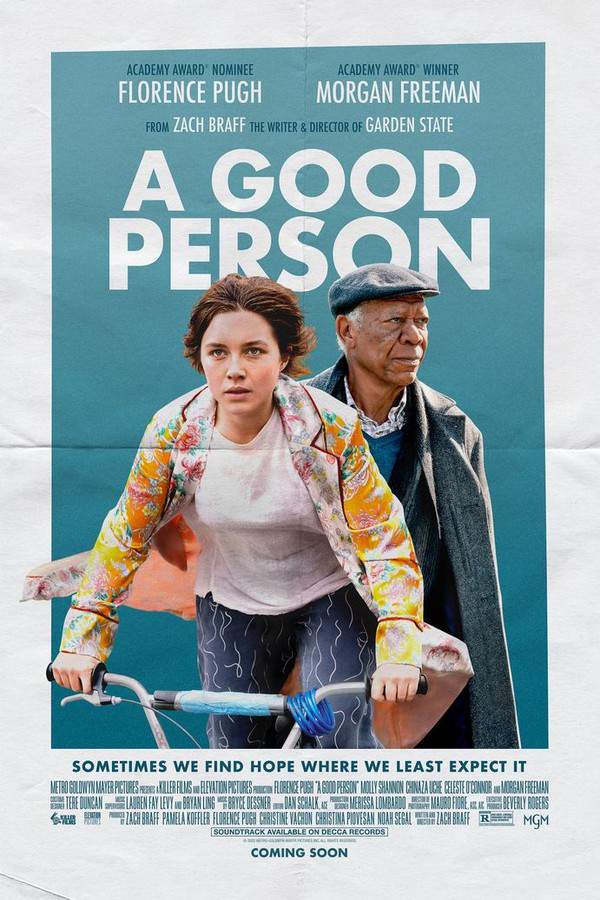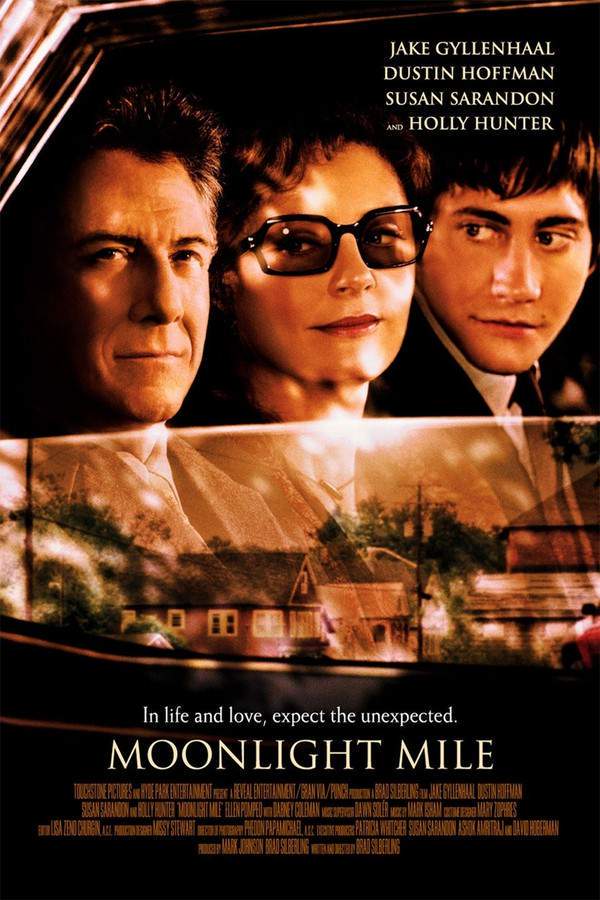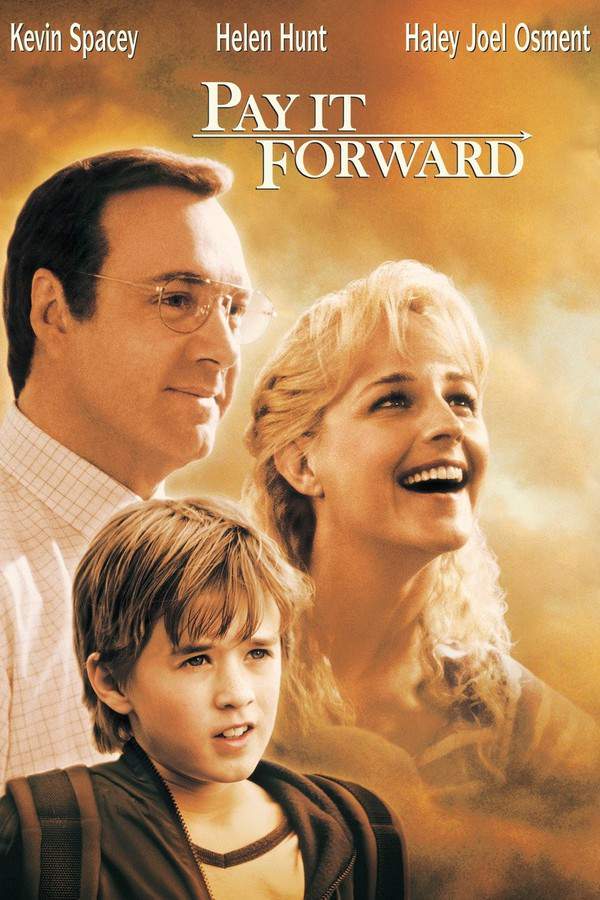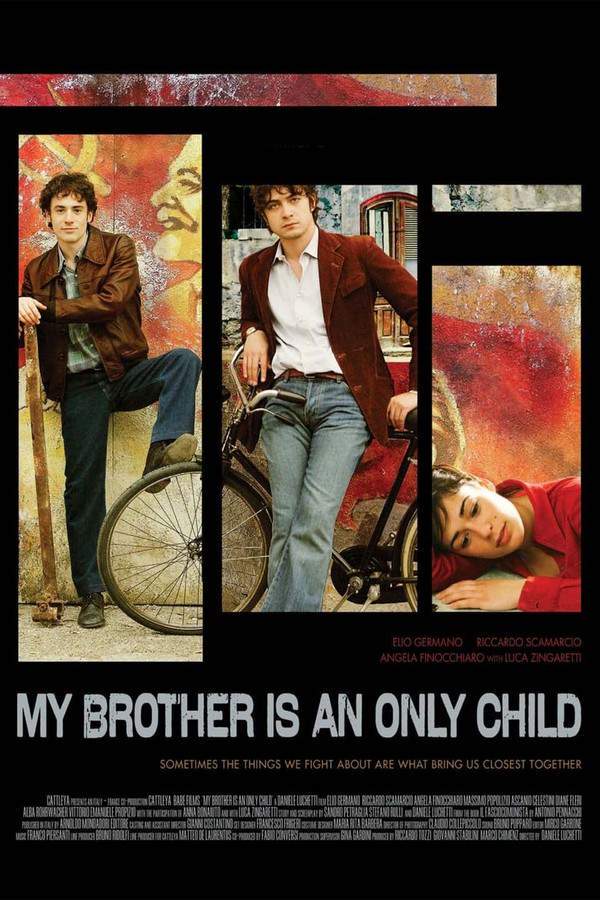
My Brother Is an Only Child
Year: 2008
Runtime: 108 min
Language: Italian
Director: Daniele Luchetti
Set in 1960s Italy, this film explores the diverging lives of two brothers in a community grappling with political unrest. The elder, Manrico, becomes a leader within the Communist party, while his younger brother, Accio, aligns himself with the Fascists. Their differing beliefs fuel a fierce rivalry, complicating matters of love and loyalty as they confront the painful repercussions of their choices and the divisions within their town.
Warning: spoilers below!
Haven’t seen My Brother Is an Only Child yet? This summary contains major spoilers. Bookmark the page, watch the movie, and come back for the full breakdown. If you're ready, scroll on and relive the story!
Timeline & Setting – My Brother Is an Only Child (2008)
Explore the full timeline and setting of My Brother Is an Only Child (2008). Follow every major event in chronological order and see how the environment shapes the story, characters, and dramatic tension.
Last Updated: October 22, 2024 at 22:03
Main Characters – My Brother Is an Only Child (2008)
Meet the key characters of My Brother Is an Only Child (2008), with detailed profiles, motivations, and roles in the plot. Understand their emotional journeys and what they reveal about the film’s deeper themes.
Last Updated: October 22, 2024 at 22:03
Major Themes – My Brother Is an Only Child (2008)
Explore the central themes of My Brother Is an Only Child (2008), from psychological, social, and emotional dimensions to philosophical messages. Understand what the film is really saying beneath the surface.
Last Updated: October 22, 2024 at 22:03
Explore Movie Threads
Discover curated groups of movies connected by mood, themes, and story style. Browse collections built around emotion, atmosphere, and narrative focus to easily find films that match what you feel like watching right now.
Movies about Sibling Ideology Rivalry like My Brother Is an Only Child
Brothers or sisters torn apart by opposing political or social beliefs.Find movies like My Brother Is an Only Child that delve into the intense drama of siblings divided by politics, religion, or social conflict. These similar stories explore fierce family rivalries, the heavy emotional weight of ideological battles, and the bittersweet consequences of loyalty tested by belief.
Narrative Summary
These narratives typically follow two or more siblings who adopt starkly opposing worldviews, often mirroring a larger societal conflict. Their rivalry escalates over time, moving from heated arguments to consequential actions that irrevocably damage their relationship. The plot is driven by the tension between their familial love and their uncompromising principles, often culminating in tragedy or a hard-won, imperfect resolution.
Why These Movies?
Movies are grouped here for their shared focus on the volatile dynamic of siblings in ideological opposition. They share a high emotional intensity, a tense and often melancholic tone, and a steady pacing that allows for deep character exploration. The core appeal is the tragic, personal dimension given to epic political or social struggles.
Movies with Bittersweet Redemption like My Brother Is an Only Child
Characters find a fragile hope only after enduring profound tragedy.If you liked the bittersweet ending of My Brother Is an Only Child, explore these movies about characters finding hope after tragedy. These similar dramas feature heavy emotional weight, transformative personal loss, and endings where growth is deeply intertwined with grief and sacrifice.
Narrative Summary
The narrative pattern involves a protagonist whose life is defined by conflict or misguided beliefs. A major tragedy, typically the loss of someone central to their struggle, forces a painful reckoning. This loss shatters their old worldview, leading them toward a more positive, but lonely, path. The story concludes with a newfound purpose that feels earned yet is inextricably linked to the pain of the preceding events.
Why These Movies?
These films are united by their specific emotional arc: a journey from high-intensity conflict and tragedy toward a quiet, bittersweet resolution. They share a heavy emotional weight, a melancholic undercurrent, and an ending feel that is hopeful yet deeply sad. The pacing is often steady, allowing the impact of the loss and subsequent change to resonate fully.
Unlock the Full Story of My Brother Is an Only Child
Don't stop at just watching — explore My Brother Is an Only Child in full detail. From the complete plot summary and scene-by-scene timeline to character breakdowns, thematic analysis, and a deep dive into the ending — every page helps you truly understand what My Brother Is an Only Child is all about. Plus, discover what's next after the movie.
My Brother Is an Only Child Summary
Read a complete plot summary of My Brother Is an Only Child, including all key story points, character arcs, and turning points. This in-depth recap is ideal for understanding the narrative structure or reviewing what happened in the movie.

My Brother Is an Only Child Timeline
Track the full timeline of My Brother Is an Only Child with every major event arranged chronologically. Perfect for decoding non-linear storytelling, flashbacks, or parallel narratives with a clear scene-by-scene breakdown.

My Brother Is an Only Child Spoiler-Free Summary
Get a quick, spoiler-free overview of My Brother Is an Only Child that covers the main plot points and key details without revealing any major twists or spoilers. Perfect for those who want to know what to expect before diving in.

More About My Brother Is an Only Child
Visit What's After the Movie to explore more about My Brother Is an Only Child: box office results, cast and crew info, production details, post-credit scenes, and external links — all in one place for movie fans and researchers.



